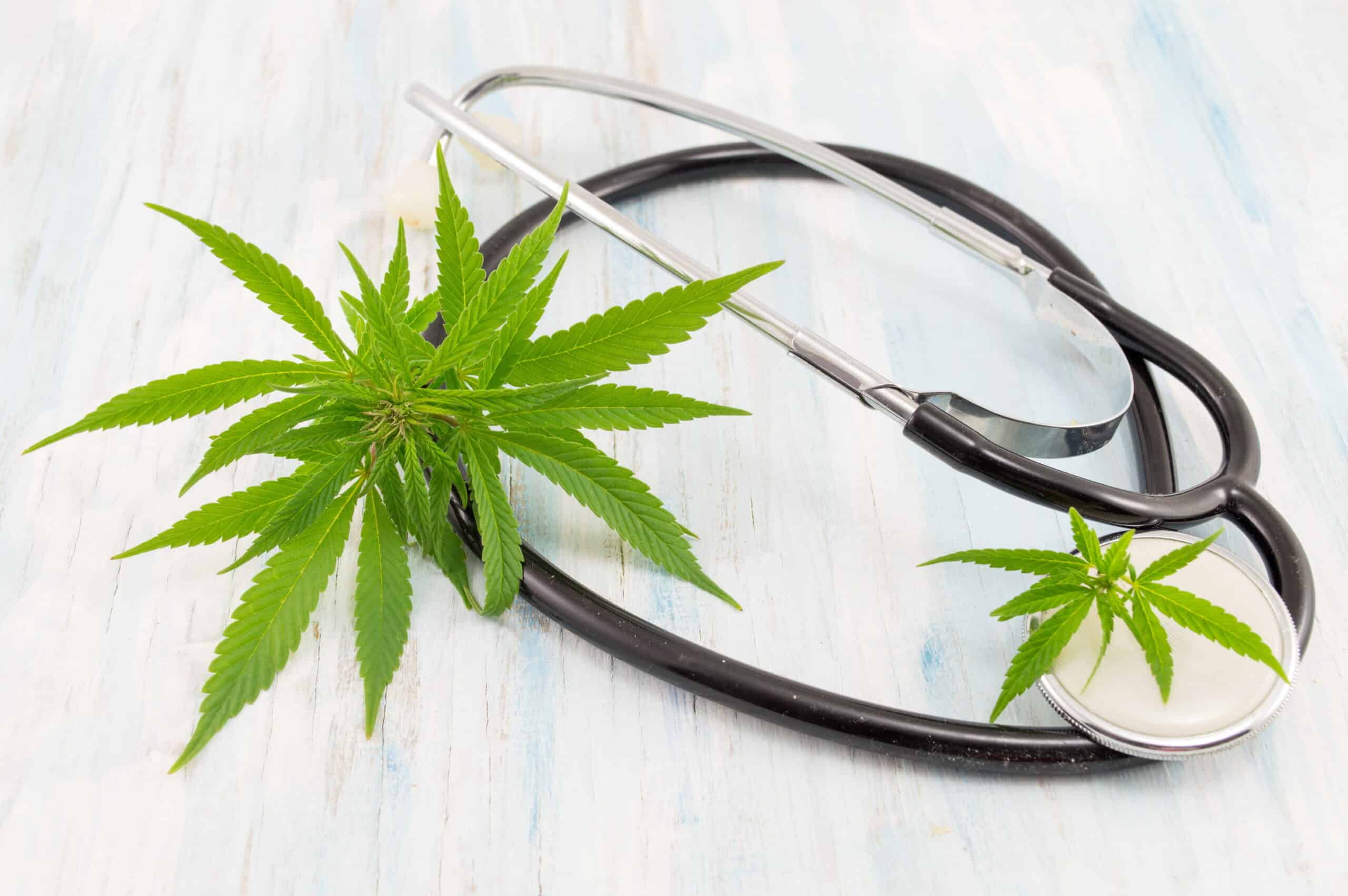
Does Medical Marijuana Get You High
Thanks to the growing awareness and easing of legal restrictions in several countries and states, the world is today a lot more cognizant of the medical benefits of marijuana. However, it is important for individuals considering marijuana as a treatment option to understand its effects. One common query people have is whether medical marijuana has a psychoactive effect or not. In this article, we will explore this topic and provide an overview of how marijuana functions, its impact on the body, and the distinctions between the psychoactive component, THC, and the non-psychoactive one, CBD.
What Does Medical Marijuana Entail?
Medical marijuana involves using cannabis plants or extracts to treat certain conditions. This approach has gained significant popularity in recent years due to increasing research indicating its many benefits. However, it’s worth noting that not all cannabis-based treatments result in intoxication.
The Role of THC
THC (tetrahydrocannabinol) is the primary psychoactive compound found in cannabis plants, and it is responsible for the high that is often associated with marijuana use. When consuming strains of marijuana that contain high levels of THC, individuals may experience altered perception, relaxation, improved mood, and increased appetite.
Does Medical Marijuana Induce Intoxication?
While some strains specifically bred for recreational purposes may have high levels of THC, many medical cannabis treatments utilize low-THC varieties or employ extraction methods that significantly reduce or eliminate THC content altogether. This means that when using products that have no THC content, patients are much less likely to experience any of the mind-altering effects typically associated with feeling high.
CBD and its Non-Psychoactive Properties
CBD (cannabidiol) is another primary compound found in cannabis plants, but unlike THC, it doesn’t produce any mind-altering effects. So, when individuals use CBD-based products derived from plants (which have less than 0.3% THC), they don’t feel the traditional “high” sensation.
Benefits of Non-Psychoactive Compounds
The non-psychoactive properties of compounds like CBD have attracted a lot of interest from researchers and medical professionals. CBD has shown promise in treating seizures, chronic pain, inflammation, anxiety, and other medical conditions. This is particularly significant for patients who want to harness the benefits of cannabis without experiencing its mind-altering effects.
Choosing the Right Strain
For patients who are concerned about feeling high while using marijuana, it’s crucial to choose the appropriate strain or product. In this context, it’s advisable to consult with a healthcare professional specializing in cannabis treatment who can offer guidance and recommend strains or CBD products that cater to specific needs.
Striking a Balance: Comparing THC to CBD Ratios
Medical marijuana offers a variety of options when it comes to the ratios between THC and CBD. For those seeking beneficial effects without any psychoactive sensations, it is often recommended to choose strains or products with higher CBD content. The specific ratio of THC to CBD can significantly impact the experience.
Methods of Administration Make a Difference
The method through which medical marijuana is consumed also plays a role in the intensity and duration of any psychoactive effects. Smoking or vaporizing cannabis typically results in early onset but short-lived effects compared to consuming edibles or using topical applications. It’s crucial for patients to discuss these options with their healthcare providers and select an administration method that aligns with their personal preferences and desired outcomes.
The Significance of Professional Guidance
When considering marijuana as a treatment option, seeking guidance is crucial. While the potential benefits of cannabis-based treatments are promising, consulting healthcare professionals who specialize in this field is essential. They can offer advice, recommend specific strains or products, and help navigate the complexities surrounding dosage administration methods and potential interactions with other medications.
Conclusion
Not all medical marijuana products will induce a high, as some may contain lower levels of THC or rely on non-psychoactive compounds like CBD. The fascinating realm of cannabis provides a range of treatment choices for ailments, all while minimizing any cognitive effects. By delving into the details of different strains, their chemical makeup, and the ways in which they can be administered, people can make well-informed decisions about integrating medical marijuana into their treatment plans. It’s important to consult with healthcare professionals who can guide them in aligning their health objectives and preferences with their usage.